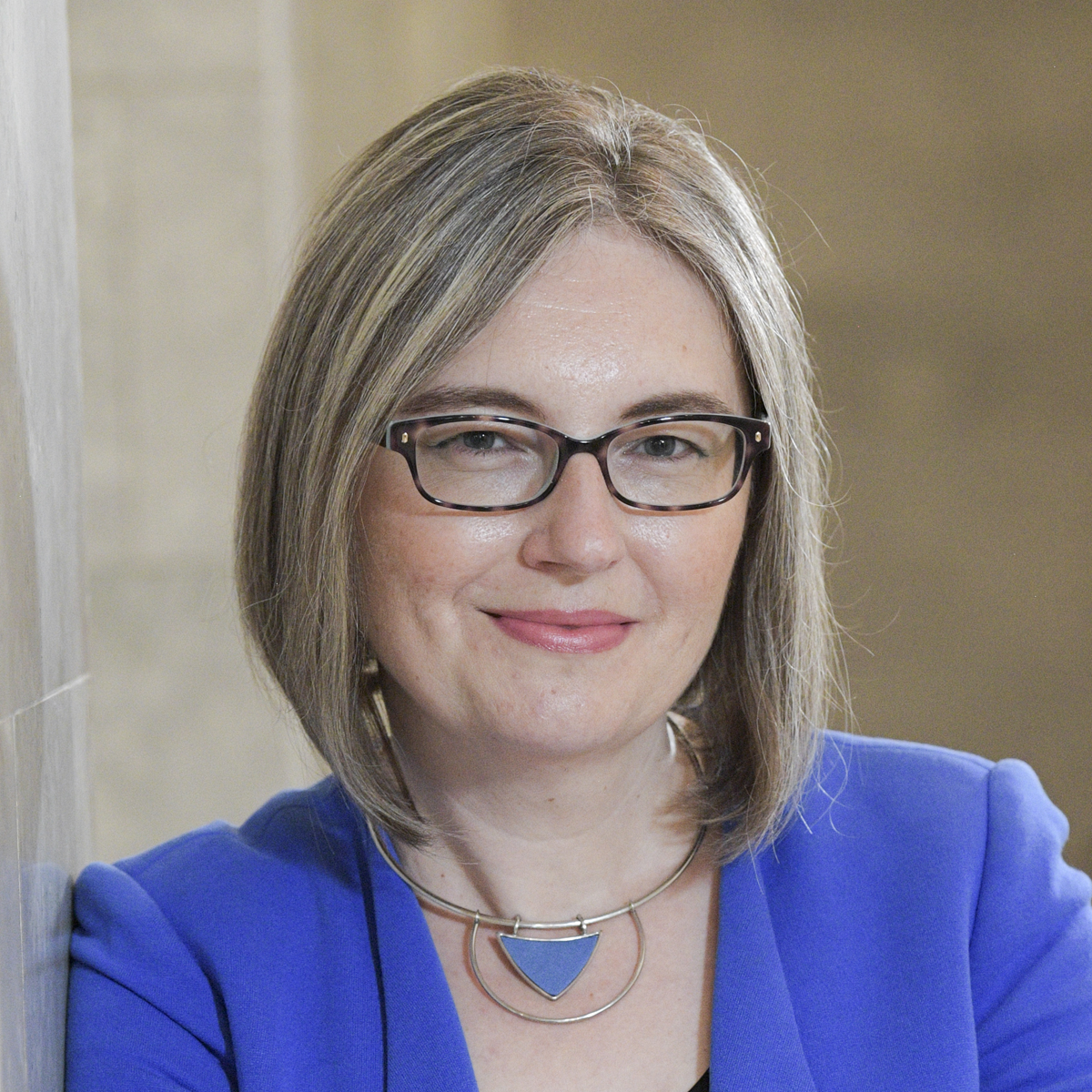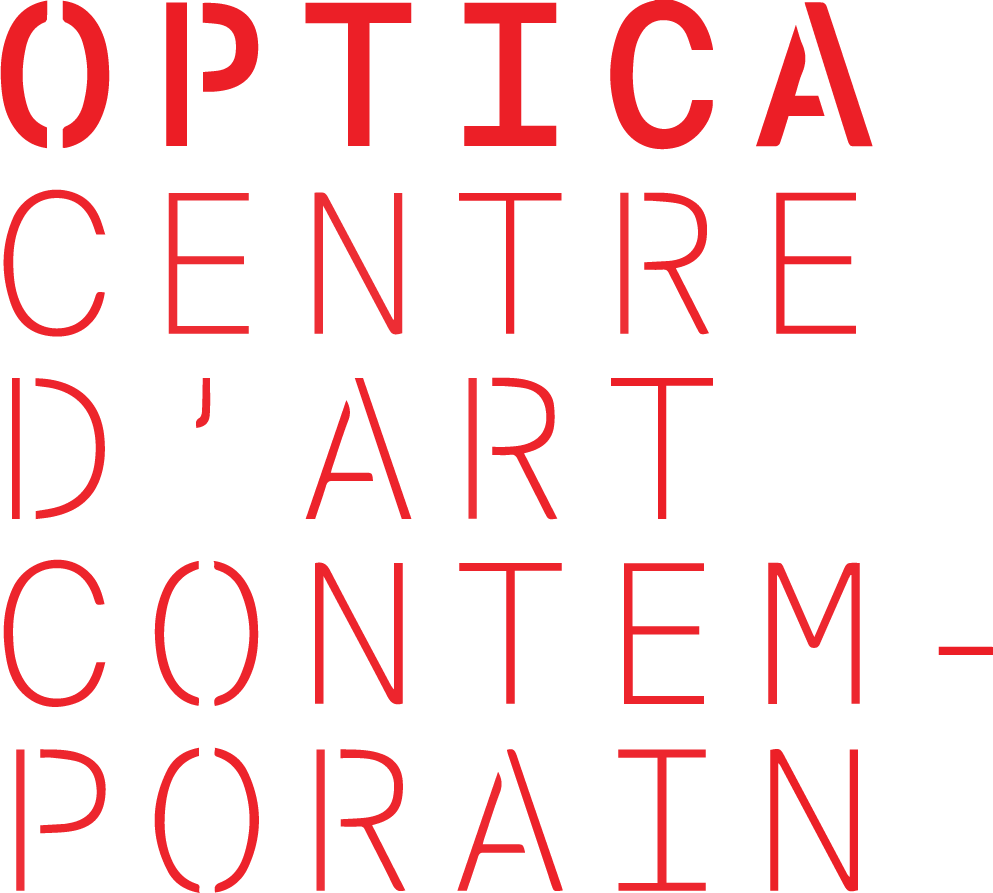November 1 2024
Intersections
The opportunity for an artist from an immigrant background or member of an ethnic or visible minority to undertake a residency in visual or media arts.
Intersections
NEW - ORORA Self-Identification Form
From now on, you will be asked to complete an optional self-identification form when you apply on Orora. The information collected will be used to document and measure the impact of the Conseil’s initiatives, improve program eligibility, ensure fair access, help us better host and support artists from underrepresented groups, following the adoption of our equity policy in September 2023.
Personal information collected through this form is protected under privacy legislation (Law 25).
Introduction
Who is eligible to apply?
This residency provides research, creation and production support to immigrant (first- and second-generation) artists who belong to an ethnic or visible minority
What are the program objectives?
Provide access to professional mentoring, in addition to the artist’s university training within the Montréal arts community. The residency includes the creation of a work that draws on archives (OPTICA centre d’art contemporain archives or other, depending on the artist’s research) to create a dialogue. At the end of the residency, OPTICA will present an exhibition of the selected artist’s work, and the recipient will also give a public talk on their arts practice at the centre.
Information session
Do you have questions about the program?
Take part in the online information session:
Support
What type of assistance is provided?
- Three-month research residency between January and March 2025 at the OPTICA centre contemporain d’art, including a workspace and access to office equipment, archives and documentation
- A studio for creation and production, as well as access to EAVM’s specialized technical workshops, for a period of 8 months, “without prejudice” due to work in progress or other imponderables at UQAM
- Professional mentoring by OPTICA (30 hours) and the EAVM (30 hours), for a total of 60 hours
- Research fees subject to availability of funds and in collaboration with UQAM’s Faculty of Arts (max. $1,500)
- Production fee ($4,375), exhibition fee ($2,380) and public presentation fee ($125)
- A public presentation at UQAM’s Faculty of Arts
- Dissemination or exposition of the final project, as well as a public talk, in OPTICA’s program at the end of 2025
Accommodation and transportation costs are not covered. The schedule and the working conditions can be modified according to the financial availability of the partners.
What is the duration of the support?
Approximately two years, including the research residency, creation-production, professional mentoring, public talk and dissemination-exhibition, which corresponds to the time it takes to carry out the artistic project.
What do the partners provide?
The Conseil, the Centre d’art contemporain OPTICA and UQAM’s École des arts visuels et médiatiques (ÉAVM) have established a partnership. UQAM (ÉAVM) provides mentoring and a creation studio; OPTICA provides access to its archives and organizes the dissemination-exhibition and public talk; and the Conseil pays the artist.
Eligibility
What are the general eligibility criteria?
- Be an immigrant artist (first- or second-generation) who is a member of an ethnic or visible minority
- Be a professional visual artist
- Have graduated from EAVM’s MFA program
- Be a Canadian citizen or permanent resident of Canada on the application deadline
- Have been a resident of the Island of Montréal for at least one year
- Be available for all activities included in the project
How many applications will be accepted?
One application will be selected from each call for applications.
Accessibility
Can specific populations receive additional financial support to submit their application or complete their project (accessibility costs)?
Yes. Accessibility costs refer to costs that certain individuals, particularly those who are D/deaf and/or living with a disability, must pay to take advantage, in the same way as others do, of the services and programs offered by an institution for research, to create, produce or disseminate their art. Reimbursement of part of these costs by the Conseil des arts de Montréal may offset the financial disadvantage.
The Support Fund for Accessibility Costs is a financial assistance measure that complements the Conseil’s other programs. The deadline to apply for support for accessibility costs is the same as that for the program being applied to.
Artists, collectives or organizations that have obtained financial assistance from the Conseil to carry out a project can also file an application for accessibility cost support up to three months after the decisions related to the successful project have been sent out, provided the project is not completed before the deadline to send out decisions for accessibility cost support applications.
Support is divided into three components:
- component 1 – Financial support to submit a grant application or to apply for one of the Conseil’s initiatives
- component 2 – Financial support for accessibility costs for a project funded by the Conseil
- component 3 – Financial support for presenter organizations for accessibility costs to welcome audiences for a project funded by the Conseil
For more details, please see this additional information on the Support Fund.
Applications
How can I submit an application?
The application must include:
- a cover letter describing the proposed research project, planned objectives, three-month residency timeline and relevance to the artistic approach (max. 400 words)
- an artistic approach (max. 500 words)
- a curriculum vitae (max. three pages)
- ten images in JPG format with a maximum size of 1 MB per image and/or video and audio clips (maximum five minutes, via hyperlinks) with a descriptive list of images and/or audiovisual clips
The application must be submitted in a single PDF document (maximum file size of 15 MB) and sent no later than midnight on October 5, 2023, to intersections@uqam.ca.
Only required documentation will be sent to evaluation committee members. The jury will not provide comments.
Obligations
Commitments
Accepting the residency constitutes, for the artist, an undertaking to complete the activities covered by the residency and to comply with the accompanying conditions.
Artists agree to:
- carry out the proposed project as planned
- notify the Conseil, as soon as possible, if unable to carry out the project for which the residency was granted. In this case, reimbursement of some amounts may be requested
- if requested, submit activity reports and financial statements at the required times
- if applicable, include in the report photographs, videos or any other relevant, royalty-free visuals that the Conseil may use for promotional or archival purposes
In addition, organizations, collectives, artists and their representatives agree at all times not to communicate with members of the evaluation committees or members of the Council’s Board of Directors in any matter relating to the management, evaluation or decisions related to their application.
Visibility Standards and Logos
Arts organizations, collectives or individual receiving grant from the Conseil must mention this funding in their information, promotional, or advertising material.
Program Results
Results ratified by the Board of Directors on September 3, 2024
Number of eligible applications submitted: 3
Number of applications accepted: 1
Recipient: Alvaro Marinho
Total amount invested: $10,000
Program partners: OPTICA and Centre d’art contemporain
Need more information?


